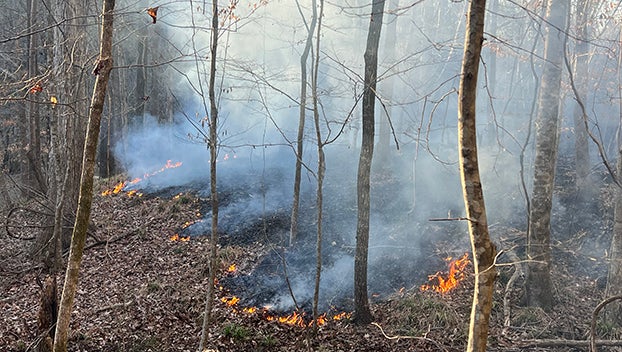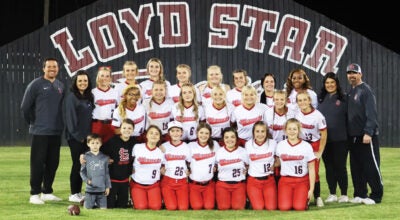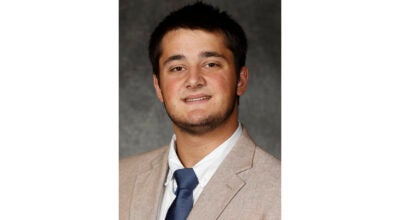Tracking back: Mississippi needs tools to better manage turkey resource
Published 9:30 am Sunday, April 30, 2023

- A fire works its way through the understory of a timber stand in Lincoln County. Prescribed fire encourages new plant growth of forbes and browse which provide food to deer and benefit turkeys. Dormant season fire is one of a few windows land owners can use prescribed burning to improve habitat but growing season fire in June and July can also be utlitized. (Hunter Cloud | The Daily Leader)
JACKSON — One other crucial change MDWFP Turkey Program Director Adam Butler recommended to the commission at the April meeting was adding a mandatory physical tagging system. Currently, law enforcement officers lack the tools to catch poachers and outlaws who kill over the bag limit.
MDWFP surveys suggest that the most common turkey hunting violation is harvesting over the bag limit. Lincoln County had one of the most recent and egregious cases in Operation Longbeard where over 100 turkeys were illegally killed in the region.
“One of the most sensible things is to give our officers every tool possible to reign in illegal exploitation of the resource,” Butler said. “Having a physical tagging system makes it easier to work those cases. It is nearly impossible to make a bag limit case with a hunter currently. They have to catch them with four turkeys. In a tagging system, once you burn your third tag you can be cited for any more harvested turkeys.”
Butler said early on they would do more education rather than enforcement on tagging if someone forgot a tag. Commissioner Leonard Bentz expressed concern over the issue of educating versus enforcement.
“Physical tags will be a responsibility but the hunters who really care will be willing to shoulder the burden,” Butler said. “They know how delicate the resource is and to try and ensure we have it as good as we have it today.”
Collectively, Mississippians can help restore turkeys through habitat improvement and restoration. Butler said 30 years ago Southwest Mississippi was a better landscape for turkeys than anywhere else in the state. Game Check harvest data shows the region is lagging behind with low numbers this season.
One thing that has changed in the Southwest region is timber type. Upland hardwoods and mixed timber stands have changed as landowners invested in Loblolly pine plantations. Cattle operations have also shrunk over the years. Pastureland provided great brood habitat but aforestation of fields into pine plantations has decreased quality habitat..
Butler said pine stands can be good habitat but required intentional management through the use of thinning and prescribed fire. MDWFP offers private land site visits, Fire on the 40 workshops and cost-share programs to aid landowners with habitat management.
“We have to figure out how to get people more involved in actively managing habitat,” Butler said. “If we can get more landowners burning I think our turkey problems will go away. We recently landed a $5 million grant to help landowners implement burning. It takes the initiative from landowners to get it done.”
Mississippians are able to express their thoughts on the proposed rules by visiting MDWFP’s public comment page.
If you have questions or feedback about the proposed rule changes email hunter.cloud@dailyleader.com.





